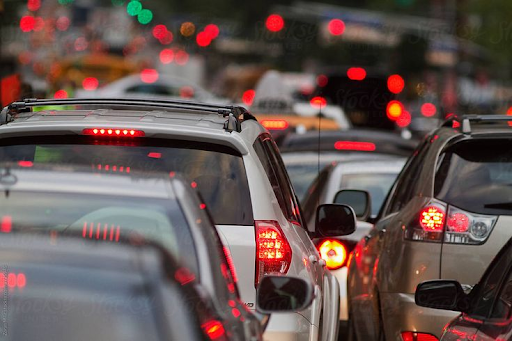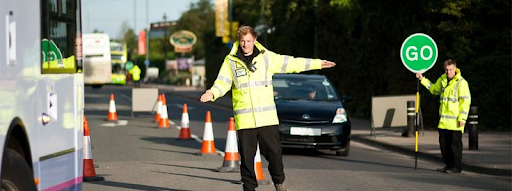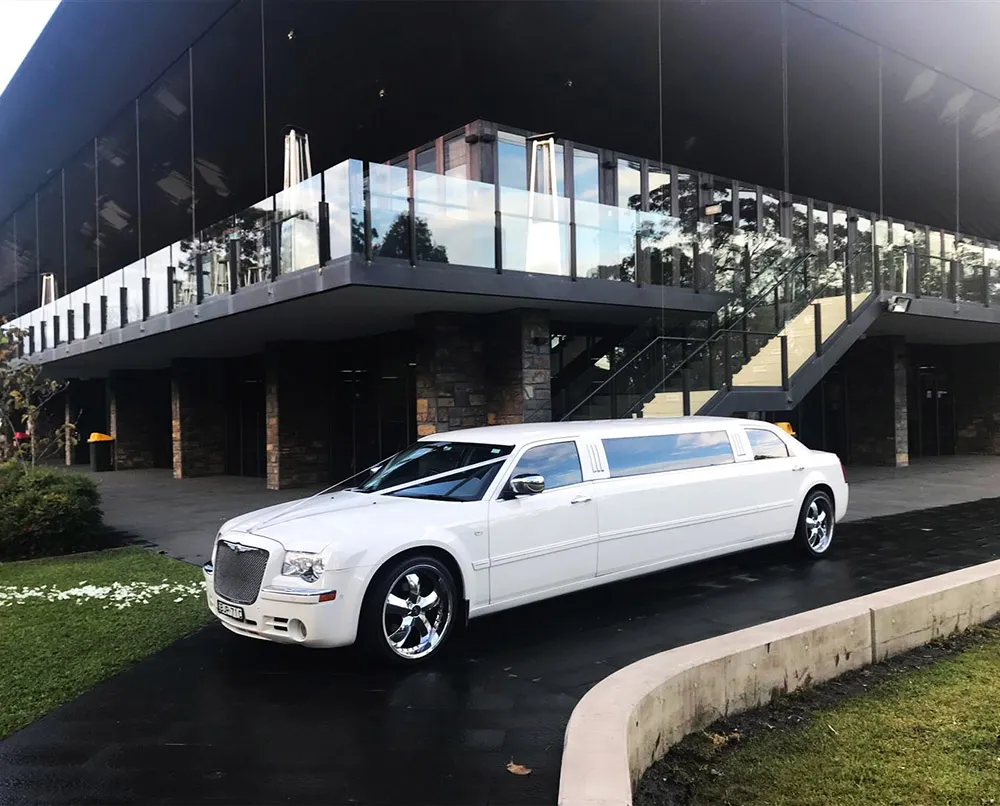Navigating Melbourne's traffic can be a daunting task, especially when managing transportation for events. Whether you’re organizing a conference, concert, or community festival, effective traffic management is crucial to ensure your guests arrive on time and leave without stress. Poor traffic management can lead to delays, frustration, and a negative experience for attendees. In this guide, we'll explore essential tips for mastering event traffic management in Melbourne, ensuring your event runs smoothly and successfully.
Understanding Melbourne's Traffic Patterns
Peak Traffic Hours to Avoid
Melbourne’s traffic patterns can vary significantly depending on the time of day. To avoid delays, it's important to understand peak traffic hours. Rush hours in Melbourne typically occur between 7:00 AM and 9:00 AM and again from 4:00 PM to 6:00 PM on weekdays. During these times, major roads and intersections can become congested, which could impact your event’s transportation plans.
By scheduling your event outside these peak hours, you can minimize traffic-related issues and improve the overall experience for your attendees. Consider starting or ending your event early in the morning or later in the evening to avoid the worst of Melbourne’s traffic rush hour.
Common Traffic Hotspots and Alternatives
Melbourne is home to several traffic hotspots that can create bottlenecks and delays. Key areas such as the Central Business District (CBD), the West Gate Bridge, and major intersections like Flinders Street and Swanston Street often experience heavy congestion. To mitigate potential traffic issues, identify these congested areas in advance and plan alternative routes.
Utilizing less congested routes and side streets can help bypass traffic hotspots. Incorporating GPS tools and real-time traffic monitoring can assist in finding the best routes and avoiding delays. Providing attendees with updated route information can also help them navigate around busy areas more efficiently.
Planning Your Event Transportation Route
Mapping Optimal Routes for Events
Effective route planning is essential for managing event traffic. Start by mapping out the most efficient routes to and from the event venue. Use route planning tools and GPS applications to identify the quickest and least congested routes. It’s important to account for any roadworks or temporary closures that might impact traffic flow.
Consider providing detailed maps or instructions to your attendees, including suggested routes and
parking locations. This can help reduce confusion and ensure that guests arrive at the venue on time. Additionally, offering shuttle services or partnering with local car hire
companies can further streamline transportation and reduce the number of vehicles navigating to the event.
Pre-event Traffic Reconnaissance
Before the event, conduct a traffic reconnaissance to test the planned routes and identify any potential issues. This involves traveling the routes at the same times as your event to assess traffic conditions and confirm that the routes are viable. Real-time traffic monitoring can also provide insights into current traffic conditions and help you adjust your plans as needed.
Pre-event testing allows you to make necessary adjustments to your traffic management strategy, such as altering routes or modifying event timing to avoid peak traffic periods. This proactive approach can prevent last-minute surprises and ensure a smoother experience for your attendees.
Coordinating with Local Authorities for Traffic Management
Permits and Notifications for Large Events
When organizing a large event in Melbourne, it’s essential to coordinate with local authorities to manage traffic effectively. This includes obtaining the necessary permits and providing notifications to relevant agencies. Traffic permits are required for events that impact public roads or require traffic control measures.
Notify local authorities well in advance of your event to ensure that all necessary permits are secured and that traffic control measures are in place. This might include road closures, temporary traffic signals, or police assistance. Coordinating with local authorities helps ensure that your event complies with regulations and that traffic management is handled professionally.
Working with Traffic Control Services
Hiring professional traffic control services can significantly enhance your event’s traffic management. These services specialize in directing traffic, managing road closures, and implementing traffic control measures. Working with experienced traffic control personnel ensures that your event’s transportation needs are met efficiently and safely.
Provide clear instructions and collaborate closely with traffic control services to ensure they understand your event’s requirements. Effective communication and coordination with these services will help maintain smooth traffic flow and address any issues that arise during the event.
Innovative Solutions for Traffic Management at Events
Using Technology to Ease Traffic Flow
Technology offers innovative solutions for improving traffic flow at events. Traffic management software and mobile apps can provide real-time traffic updates, route planning, and alternative route suggestions. By leveraging these technologies, you can better manage traffic and provide attendees with accurate information.
Consider using apps that offer live traffic updates and route optimization to keep attendees informed and help them navigate to the event more efficiently. Implementing traffic management software can also assist in monitoring traffic conditions and making necessary adjustments on the fly.
Effective Signage and Communication Strategies
Clear signage and effective communication are crucial for guiding attendees and managing traffic flow. Use well-placed signs to direct vehicles and provide information about parking, event entrances, and any road closures. Ensure that signage is visible and easy to understand.
In addition to physical signage, communicate important traffic information to attendees through email, social media, and event websites. Providing timely updates and instructions can help reduce confusion and ensure that guests are aware of any changes or delays.
Conclusion
Effective event traffic management is essential for ensuring a smooth and successful event in Melbourne. By understanding local traffic patterns, planning optimal routes, coordinating with local authorities, and utilizing innovative solutions, you can enhance the attendee experience and avoid common traffic-related issues. Implement these strategies to navigate Melbourne’s traffic like a pro and ensure that your event runs seamlessly. With thorough planning and coordination, you can help your guests arrive on time and enjoy a stress-free event.
FAQs About Tips for Timely Event Transportation in Melbourne
What are the legal requirements for managing traffic during large events in Melbourne?
Organizers must obtain traffic permits and notify local authorities of any event that impacts public roads. Compliance with local regulations ensures that traffic management is handled appropriately and avoids legal issues.
How early should event planners start traffic planning for a major event?
It’s advisable to start planning traffic management at least 3-6 months before a major event. This allows time for permits, route planning, and coordination with local authorities and traffic control services.
What are the best practices for communicating traffic information to event attendees?
Communicate traffic information through multiple channels, including email, social media, and event websites. Provide clear, timely updates about routes, parking, and any potential delays to keep attendees informed.
Can technology really improve traffic flow during events? How?
Yes, technology can enhance traffic flow by providing real-time updates, route optimization, and traffic management software. These tools help in monitoring conditions and making adjustments to improve traffic flow and attendee experience.




